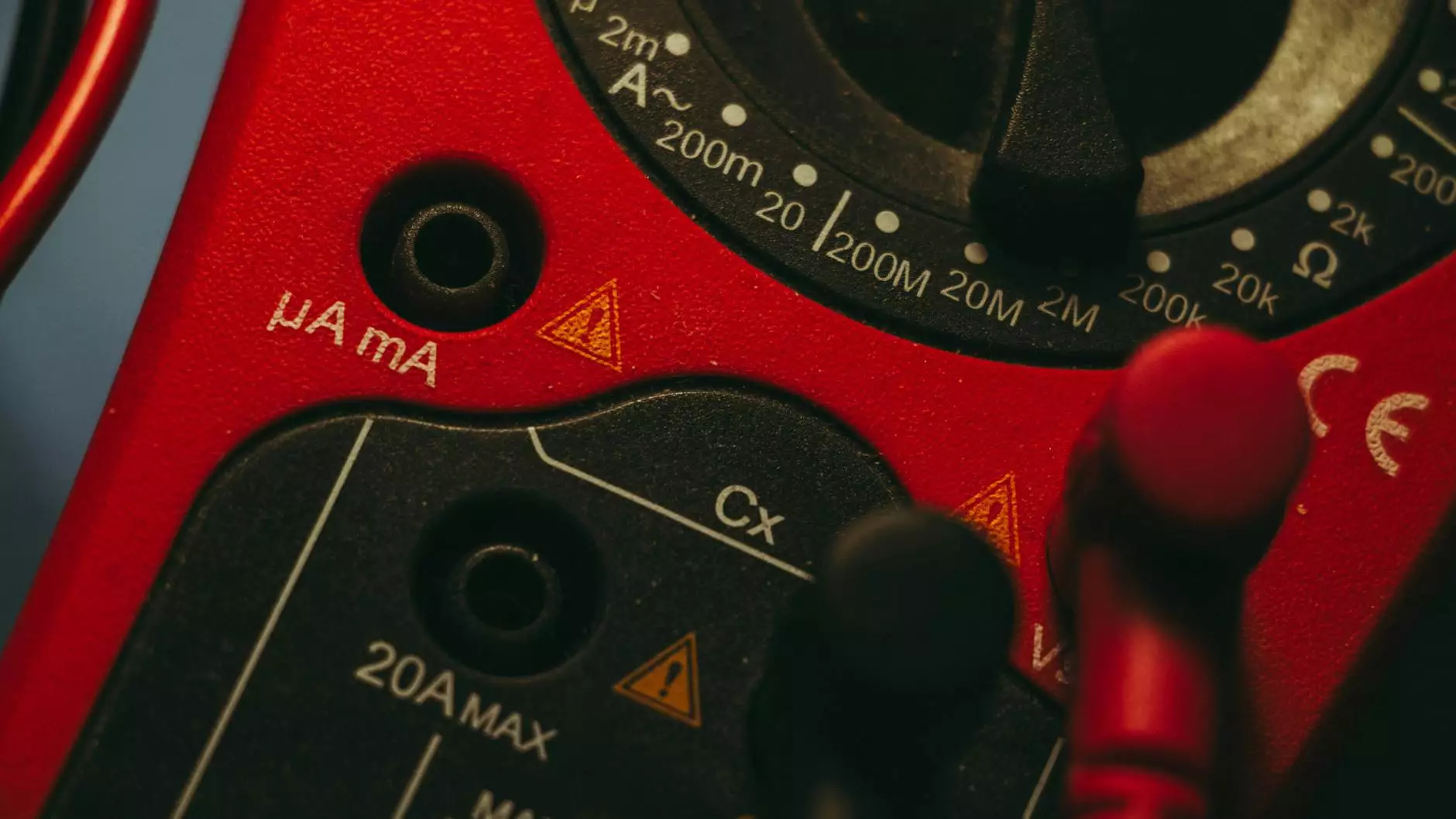Understanding the Differences: 200 Amp vs 100 Amp Electrical Service

In the world of electricity, understanding your home's power requirements is essential. When choosing an electrical service upgrade, many homeowners find themselves asking the question: 200 amp vs 100 amp? This article aims to shed light on these two options, aiding you in making an informed decision about your electrical needs.
What is Electrical Service?
Electrical service refers to the supply of electricity to your home or business, encompassing everything from the main power line that enters your property to the circuit breaker panel that distributes power throughout your spaces. The strength and capacity of your electrical service can significantly affect your energy efficiency, safety, and overall electrical experience.
Understanding Amperage
Amperage (measured in amps) represents the amount of electrical current flowing through a circuit. The higher the amperage, the more appliances and devices can operate simultaneously without overloading the system. Essentially, it determines how much electricity your home can draw at any given time.
100 Amp Service
A 100 amp service was once the standard for residential homes and is still adequate for many small households. Here are some key aspects:
- Suitable for Small Homes: Ideal for homes with fewer appliances and basic electrical needs.
- Typical Usage: Allows for the operation of essential household appliances like refrigerators, lights, and heating systems.
- Cost-Effective: Installation is generally less expensive compared to higher amp services.
Limitations of 100 Amp Service
While a 100 amp service may be sufficient for some homeowners, it does come with limitations:
- Overloading Risks: Increased demand can lead to overloading, causing breakers to trip if multiple heavy-load devices are used simultaneously.
- Future Expansion: Homeowners planning to renovate or add appliances may find 100 amps limiting.
200 Amp Service
In contrast, a 200 amp service has become the norm for modern homes, particularly those that require more energy. Here’s a closer look:
- Increased Capacity: Accommodates multiple high-demand appliances, such as central air conditioning units, electric water heaters, and large kitchen appliances.
- Future-Proofing: Ideal for homeowners planning for enhancements, like electric vehicle charging stations or home automation systems.
- Reduced Risk of Overload: More capacity helps to prevent circuit breakers from tripping, ensuring safety and convenience.
Benefits of Upgrading to 200 Amp Service
Choosing a 200 amp service presents several advantages:
- Enhanced Comfort: With more capacity, your home can handle multiple devices running without issues.
- Improved Resale Value: Homes with upgraded electrical systems may attract potential buyers.
- Compliance with Regulations: New builds typically require 200 amp services to adhere to modern building codes.
Key Differences Between 200 Amp and 100 Amp Services
When discussing 200 amp vs 100 amp comparisons, consider the following differences:
- Capacity: 200 amps can handle a significantly larger load than 100 amps, making the former more suitable for contemporary needs.
- Cost: Installation and materials for 200 amp systems may cost more upfront but can save money in the long run by accommodating modern electrical demands.
- Safety: Higher capacity reduces the likelihood of overloads, enhancing safety conditions in your home.
Choosing the Right Service for Your Home
Deciding between 200 amp vs 100 amp depends on various factors, including:
- Household Size: Larger families or those with substantial electronic equipment will benefit from higher capacity.
- Type of Appliances: If you own central air conditioning, electric heating, or plan to invest in electric vehicle charging, 200 amps may be necessary.
- Future Plans: Consider potential renovations or energy-efficient upgrades that may require increased capacity.
Consulting a Professional Electrician
When in doubt, always consult with a licensed electrician. They can assess your current electrical system, evaluate your needs, and advise you on the best course of action:
- Assessment of Needs: An electrician can help determine your household’s amp requirements based on your current usage and future goals.
- Safety Checks: Ensuring your electrical system is safe and up to code is critical for any homeowner.
- Installation Expertise: Professional installation ensures compliance with local regulations and minimizes risks associated with DIY attempts.
Typical Costs of Upgrading Electrical Service
Investing in an electrical service upgrade can vary widely in cost depending on several factors:
- Location: Costs may vary based on the region of Canada and local labor rates.
- Current System: The existing wiring and capacity can affect the complexity and cost of the upgrade.
- Permits and Codes: Local building codes and permits may add to the cost of upgrading your electrical service.
Expected Cost Estimation
On average, here are some cost ranges you might expect:
- 100 Amp Service Upgrade: Approximately CAD 1,000 to CAD 2,500.
- 200 Amp Service Upgrade: Typically ranges from CAD 1,500 to CAD 3,500.
Conclusion: Making the Right Choice
Ultimately, making a decision between 200 amp vs 100 amp electrical service involves evaluating your current and future electrical needs. Investing in a system that fits your lifestyle not only enhances your convenience but protects your home and family from electrical hazards. As technology evolves and energy consumption increases, prioritizing your electrical capacity is essential for any homeowner in Canada.
If unsure or looking for professional advice, consider reaching out to Walls Electrical. With expert knowledge in electrical services and installations, they can assist in determining the best solutions for your home’s unique needs.









